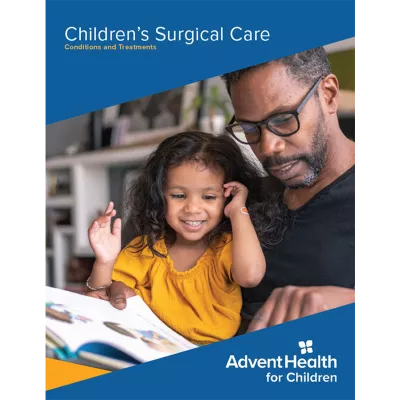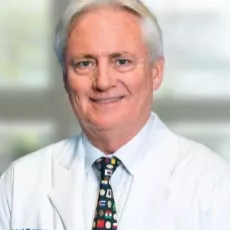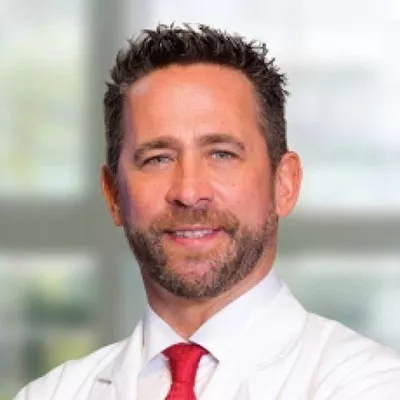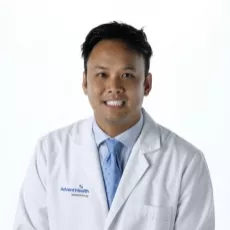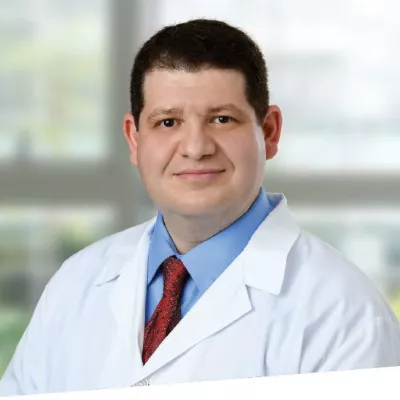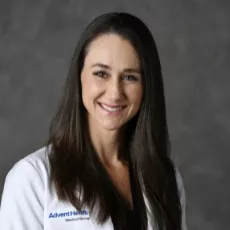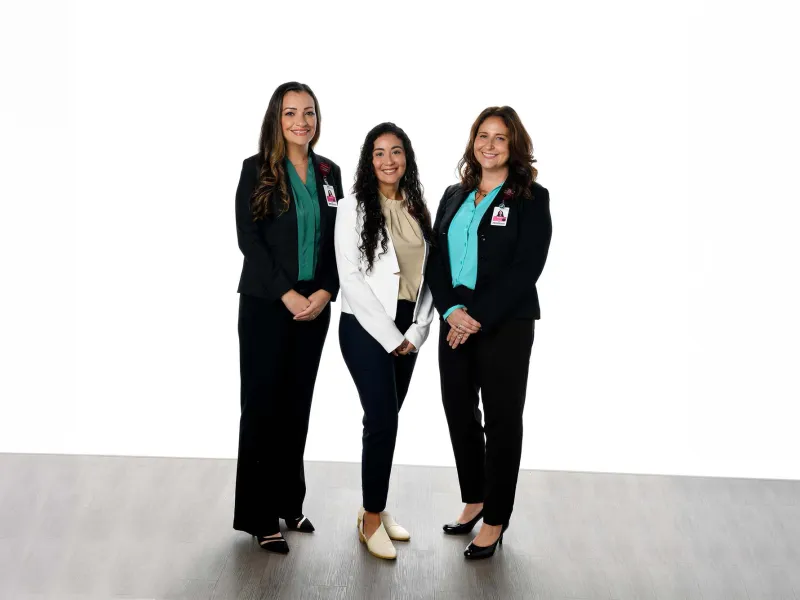Fetal and Newborn Care
At AdventHealth for Children, our skilled fetal care team successfully treats a wide range of conditions using the most advanced tools and the safest possible therapies. Learn more about some fetal and newborn conditions that may require surgery.
-

Atresia
As a baby develops, there are occasions when an orifice doesn’t open properly or is entirely absent. We monitor babies for signs of atresia and correct these issues in surgery to restore the functionality of these openings.
-

Congenital Cystic Adenomatoid Malformation (CCAM)
Caused by an overgrowth of abnormal lung tissue, CCAM is a congenital condition detected during a routine ultrasound by your doctor. Our surgeons can remove this abnormal lung tissue, preferably when the baby is three to six months old.
-

Congenital Diaphragmatic Hernia
Several conditions can cause a baby’s diaphragm to develop abnormally. Surgery is required to repair this dome-shaped muscle that separates the chest cavity from the abdomen. Under general anesthesia, we may repair the defect or hole thoracoscopically (through the chest), laparoscopically or with a small abdominal incision.
-

Gastroschisis and Omphalocele
During pregnancy, a baby’s organs can develop outside of the body, causing conditions such as gastroschisis and omphalocele. Once the baby is born, our skilled surgeons will relocate these organs inside the body.
-

Sequestration
Occasionally a piece of tissue in a developing baby turns into lung tissue that isn’t connected to the pulmonary blood supply or the bronchial airways. This tissue is removed by our team after birth, ideally using minimally invasive surgical techniques to treat your newborn.
-
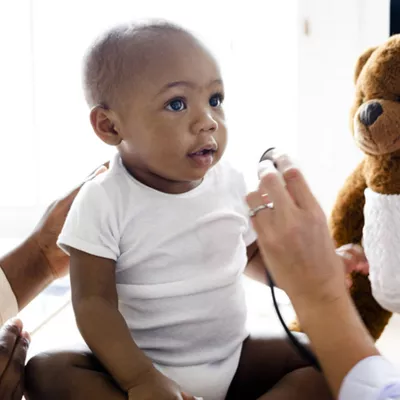
Teratoma
Located at the base of the tailbone, the neck or the abdomen, a teratoma is a common tumor in newborns. Because surgery is needed to treat them, our expert team can safely perform procedures to remove teratomas.
Child and Adolescent Care
Our medical team provides expert surgical care for children to help them live their fullest lives. And our care coordinators are available for you and your child to facilitate care and offer compassionate, whole-person support. Learn more about some pediatric conditions that may require surgery.
-

Pectus Carinatum and Pectus Excavatum
Pectus carinatum, or pigeon chest, occurs when the cartilage of the breastbone develops with an abnormally pushed-out chest. Similarly, pectus excavatum, or sunken chest, is a deformity where the chest bones cave in. Both conditions become more noticeable during puberty and may affect your child's heart and lung usage. Depending on the severity, our surgeons can recommend various minimally invasive surgical options.
-

Adolescent Bariatric Surgery Program
Our multispecialty adolescent bariatric care team will guide you and your child through personalized weight-loss options to determine the best path for care. AdventHealth for Children in Orlando has the only accredited Adolescent Bariatric Surgery Program in Central Florida, offering bariatric procedures and a range of support services to help your child and family maintain a healthier lifestyle.
Our Greatest Achievement Is Caring for Your Family
At AdventHealth for Children, we have been nationally recognized for our leadership in advanced treatments, breakthrough research and the compassionate care of children and their families.
-
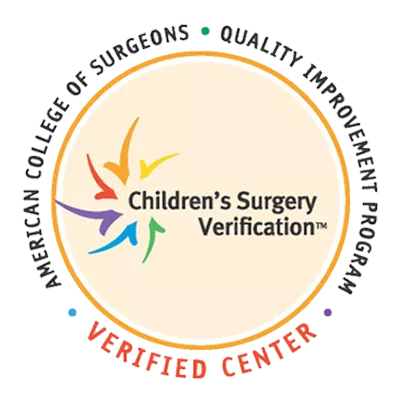
Highest Quality in Surgical Care
AdventHealth for Children is verified as a Level 1 Children’s Surgery Center by the American College of Surgeons Children’s Surgery Verification Quality Improvement Program, which was developed to improve the quality of children’s surgical care.
-
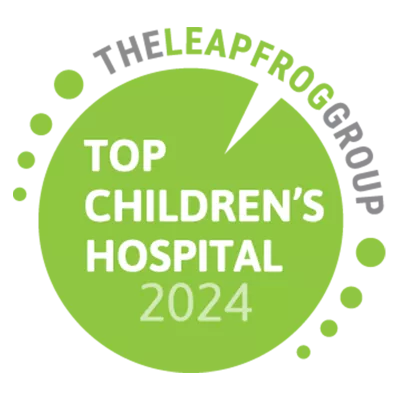
Top 6% in the Nation for Patient Safety
AdventHealth for Children was awarded the Top Children’s Hospital award by The Leapfrog Group as one of the nation's safest children’s hospitals — an honor earned by only eight U.S. children's hospitals.
-
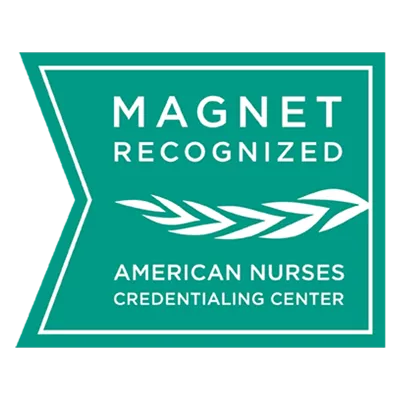
Gold Standard in Nursing
The American Nurses Credentialing Center (ANCC) has granted AdventHealth for Children Magnet recognition, which establishes the hospital as a national leader in nursing and patient care. Only 7% of the nation’s hospitals have received this recognition.



